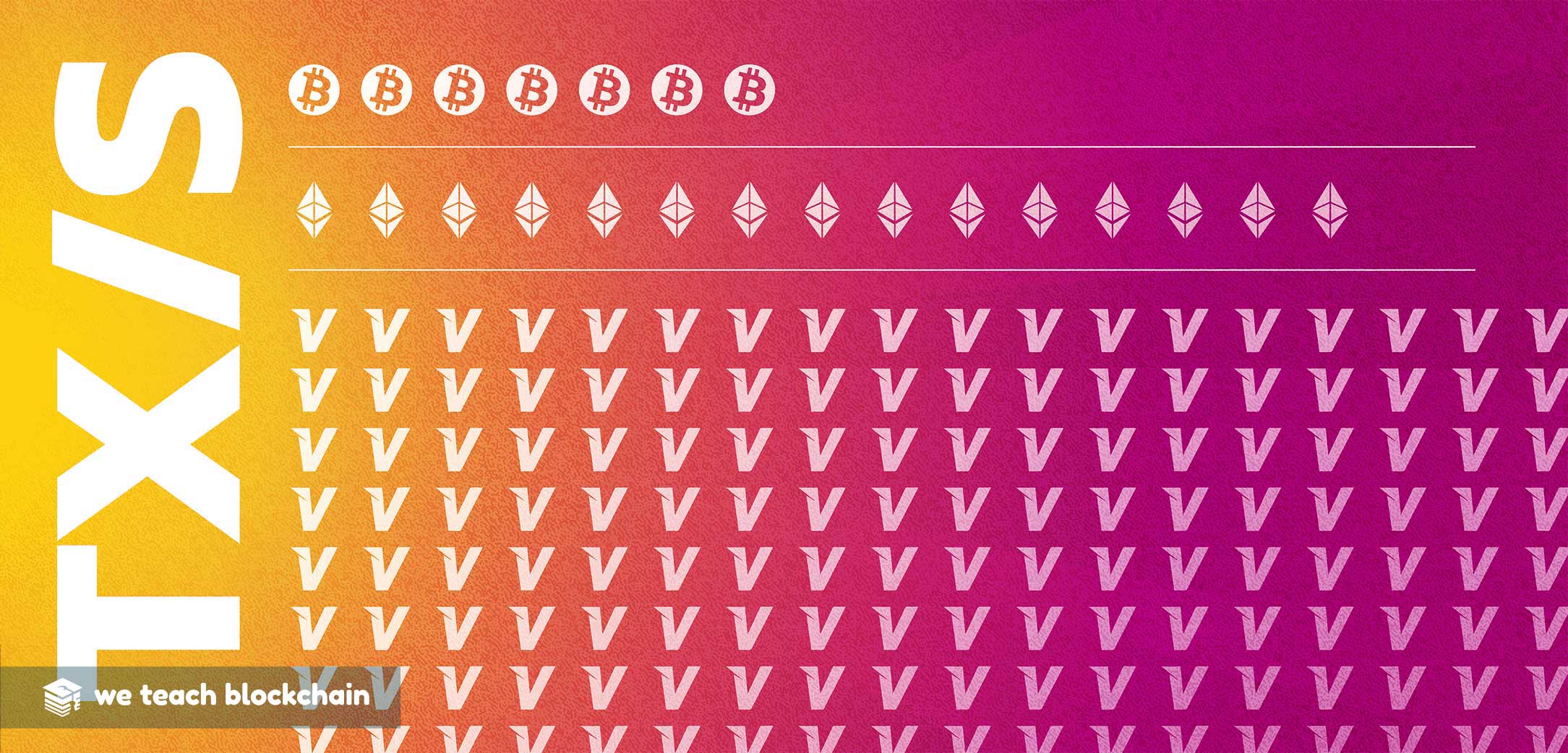Blockchain technology has a lot of people excited. However, it is important to note that this technology is not a silver bullet solution for every problem plaguing businesses and consumers. There are significant hurdles that the technology must overcome for it to reach its original promises.
AWARENESS
While many have heard of blockchains or cryptocurrencies, only a small fraction of those people have used these technologies. More useable decentralized applications that challenge traditional centralized applications may provide an opportunity for the technology to gain further questions.
SCALING

Blockchains need to get to a point to where they can handle real word transaction demands. Visa processes around 24,000 transactions per second. Bitcoin does around 7 tx/s and Ethereum does about 15 tx/s. Without finding a more efficient way for decentralized nodes to reach consensus, blockchain technology’s impact on the world may be limited.
USER EXPERIENCE
Many users are deterred by how hard it is to use blockchain-based applications. The process can be cumbersome and it is often easier to use a different method to transact. There are fundamental parts of the blockchain user experience that need to be easier to use. The first is downloading and managing wallets. Downloading a wallet must be a quick and simple process. Once they have that wallet, users must be able to confidently and easily be able to send and receive cryptocurrencies while maintaining proper security measures. Sending cryptocurrency is still a multi-step process where several small errors can easily occur.
USING dAPPS

The ecosystem needs to get to the point where users are not even aware they are using blockchain technology. This requires increased ease of use and cost-effectiveness. Otherwise, the status quo stays in place.
SECURITY
Quantum computing is on the horizon, and a computer with that power could hijack the bitcoin network by breaking the algorithms used to encrypt data. A possible solution is quantum-resistant algorithms that utilize quantum technology themselves. However, these solutions are not able to be developed until quantum computing becomes a reality.
INSTITUTIONALIZATION
Bitcoin futures have already been launched by CME and CBOE. There have been several attempts to gain approval for a Bitcoin Exchange Traded Fund, however, each one has been rejected by the US Securities and Exchange Commission. The SEC has not completely ruled out the prospects of a Bitcoin ETF, and some expect approval relatively soon




